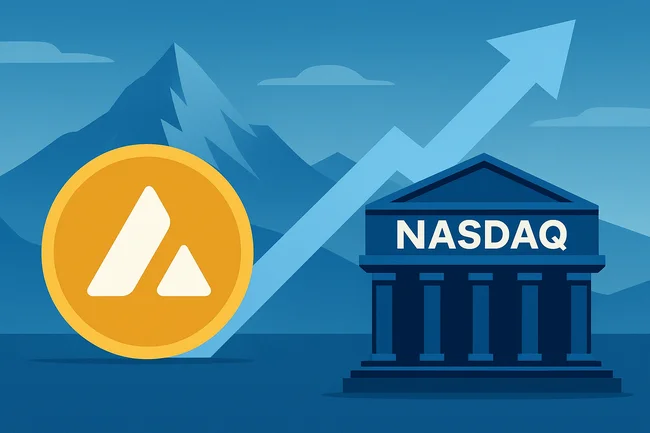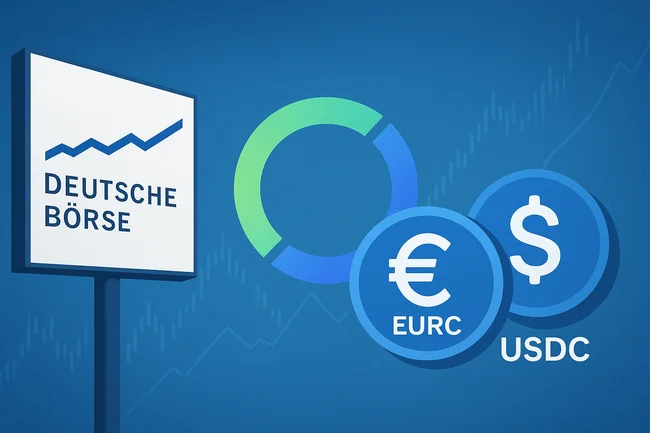Supervised scaling refers to the process of managing and enhancing the capacity of a blockchain network while ensuring its performance and security. As user demand increases, networks can experience congestion, leading to slower transaction times and higher fees.To tackle this, supervised scaling employs various strategies. These may include implementing layer-two solutions, such as payment channels or sidechains, which allow transactions to occur off the main blockchain and then settle back, reducing the load on the primary chain.Another approach is optimizing consensus mechanisms. By shifting from energy-intensive systems like proof-of-work to more efficient ones like proof-of-stake, networks can process transactions more quickly and at lower costs.Supervised scaling is crucial for maintaining a blockchain’s usability and reliability as it grows. It seeks to balance increasing demand with system performance, ensuring that users can interact efficiently without compromising security or decentralization.

Avalanche Treasury Co. to Go Public in $675M Deal With Mountain Lake Acquisition
Avalanche Treasury Co. (AVAT), a digital asset treasury company aligned with the Avalanche Foundation, said Wednesday it has agreed to



